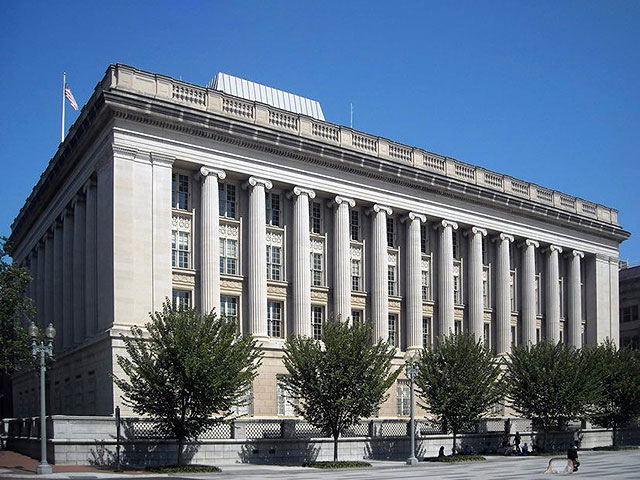U.S. Treasury’s Bold Step: Sanctions on Israeli Entities for Violence Against Palestinians
In a significant move aimed at addressing violence in the West Bank, the U.S. Department of the Treasury has imposed sanctions on three Israeli individuals, four settlements in Judea and Samaria, and the group «Lehava.» This action stems from their reported involvement in violent acts against Palestinian residents in the region.
Targeting Violence: A Closer Look at «Lehava»
The organization «Lehava,» led by Benzion Gopstein, is at the center of these sanctions. Described in recent press releases as a group with a troubling history of violence, members of «Lehava» have been implicated in numerous attacks on vulnerable Palestinian communities. Their tactics include arson against grazing lands and restricting access to essential resources like water wells. Just imagine the fear and uncertainty a farmer must feel when his access to water is cut off or when his fields are set ablaze. Such actions not only endanger lives but also threaten the very fabric of daily life for Palestinians.
Sanctioned Settlements: More Than Just Locations
The settlements in Judea and Samaria, under scrutiny in this scenario, have reportedly served as operational bases for assaults on Palestinian communities. The implications of these settlements extend beyond geography; they represent a deepening divide and a source of sustained conflict. According to a report by the United Nations, nearly 400,000 Israeli settlers live in this region, contributing to escalating tensions. Each settlement encapsulates a complex intersection of land rights, security concerns, and humanitarian issues.
Wider Implications of Sanctions
The sanctions are not merely punitive; they convey a powerful message from the U.S. government regarding its stance on human rights and stability in the area. As we witness these developments, it is essential to remember that the U.S. remains committed to fostering peace. This commitment is reflected in data from peace-building organizations, which indicate that dialogue and economic collaboration often yield better outcomes than prolonged conflict.
Insights and Forward-Looking Statements
As the situation unfolds, the focus remains on how these sanctions will influence both local dynamics and international relations. Acknowledging the complex web of interactions within this context is crucial. For instance, examining case studies where sanctions have motivated groups to adjust their conduct could provide key insights. In several instances, similar actions have led to a decrease in hostilities and a push towards negotiations.
Conclusion: The Path to Resolution
With the U.S. taking firm steps against actions that threaten human rights and regional stability, it is imperative to view these developments through a lens of hope for change. Adopting a balanced approach and fostering open dialogues are essential for creating lasting peace. As we discuss these important issues, let’s encourage a collective commitment to peace, reminding ourselves that every individual, whether Israeli or Palestinian, deserves to live in safety and dignity.





